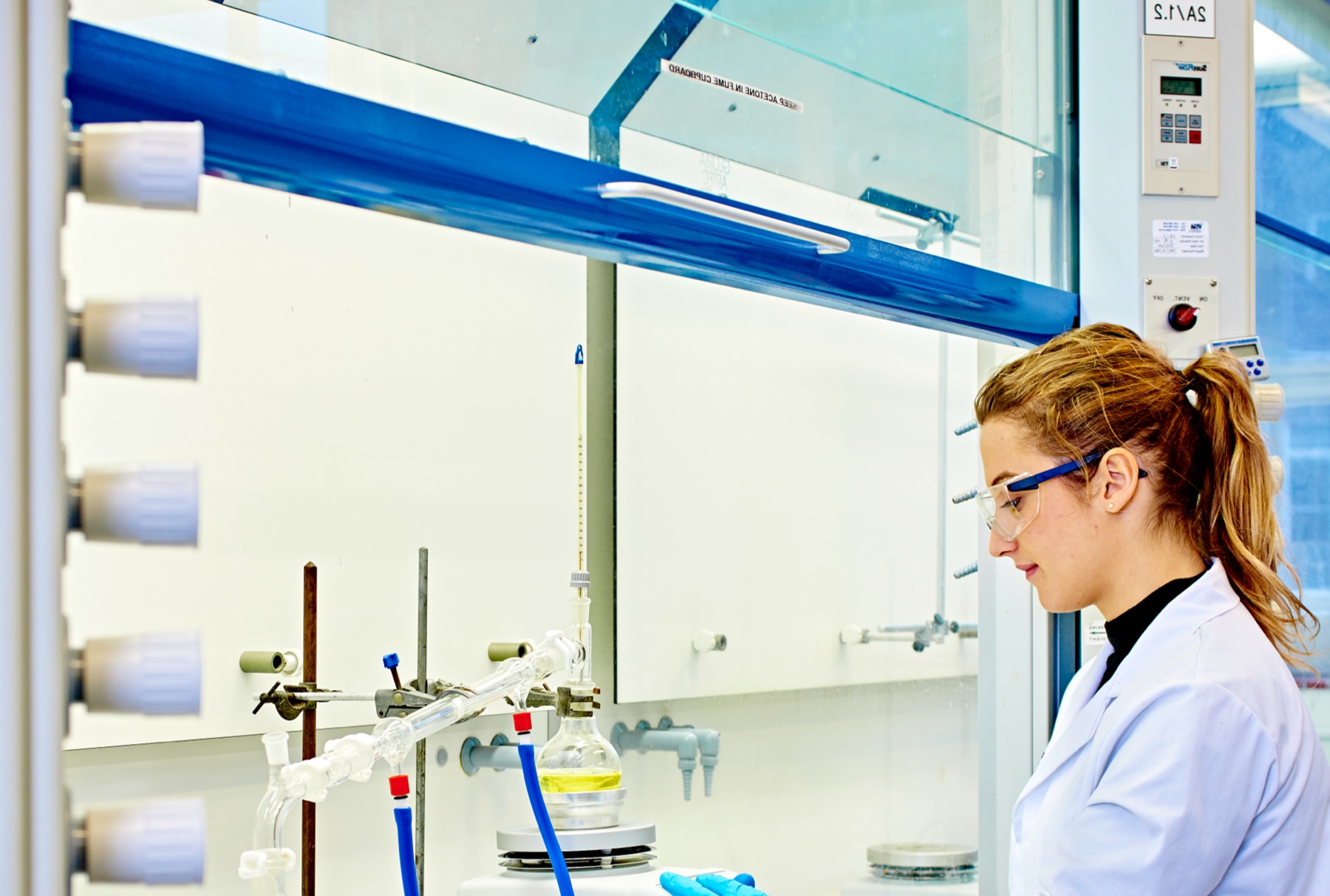Industrial Doctorate Centre: Biopharmaceutical Process Development
Producing the next generation of biopharmaceutical scientists and researchers.
Project leader
Prof Elaine Martin
Dates
October 2009 to March 2018
Project staff
Prof Gary Montague
Sponsors
Description
Biopharmaceutical manufacturing continues to evolve. There is an increased emphasis on underpinning science and engineering. We need to deploy contemporary knowledge in these fields throughout the product life cycle. This will provide manufacturing efficiencies and regulatory adherence for biopharmaceuticals.
Fundamental to this paradigm shift has been the drive to adopt an integrated systems approach. Science and engineering principles are at the heart of such an approach. It assesses and mitigates risks related to poor product and process quality. These changes result from a new risk-based pharmaceutical quality assurance system introduced by the regulatory authorities.
Manufacturing has accommodated product variability into the specifications. Operational strategies are fixed to ensure repeatability. But developments in measurement technology have invited changes in operational strategy.
Quality by design
This revised approach is based on Quality by Design (QbD), underpinned by process analytical technology (PAT). The approach yields products of tighter quality and more assured safety. QbD involves the scientific design of performance characteristics to meet specific objectives. There are advantages for both products and processes from such an approach.
Practical improvements thus need an understanding of science and engineering. This knowledge allows us to identify the interrelationship between variables. We can then integrate the learning into different manufacturing scenarios.
A new generation of students with appropriate expertise
The focus of the Centre is to address the challenges emerging from this paradigm shift. We will provide our students with competencies in commercial biopharmaceutical process development. They will have the skills to work at the discipline interfaces in the areas of:
- biosystem development
- upscaled upstream process engineering
- the engineering and development of downstream processing
Three elements form the backbone of achieving an enhanced understanding of the process. These are:
- Measurement, Data and Knowledge Management
- Enhance Available Knowledge
- More Effective Use of Knowledge
We can apply this approach to established bioprocesses based on microbial and animal cell culture. It is also suitable for emerging areas. These include stem cells, marine biotechnology and bio-nanotechnology. The Centre will address the well-recognised problem of a lack of trained personnel. Following their training, these students will deliver the next generation of biopharmaceutical development.
Addressing a major shortfall in scientific skills
A series of reports have articulated these issues. SEMTA reported that over a quarter of bioscience companies do not have sufficient science skills. 39% of bioscience/pharmaceutical companies have long-term vacancies. 22% have skill shortages in the science arena. This is five times that for other sectors.
Lord Sainsbury had expressed concern at the rapidly changing nature of the bioscience business. To remedy this, he set up the BIGT and commissioned Bioscience 2015. One of the strong messages raised was a serious shortfall in trained staff.
bioProcessUK made a quantitative assessment of the increase in trained people needed by the sector. They estimated the sector needed an increase of 100 trained personnel. This is on top of the current 150 doctoral level candidates graduating every year.
It is not simply a matter of increasing the number of trained people. The Centre will also address the limitations of undergraduate training. Currently, our future engineers, chemists and biologists are not prepared for the challenge of working in process development.
The proposed programme will address a strategic shortfall. It will produce a new generation of graduates with appropriate skills to drive both the research agenda and knowledge transfer of underlying concepts into industry.
